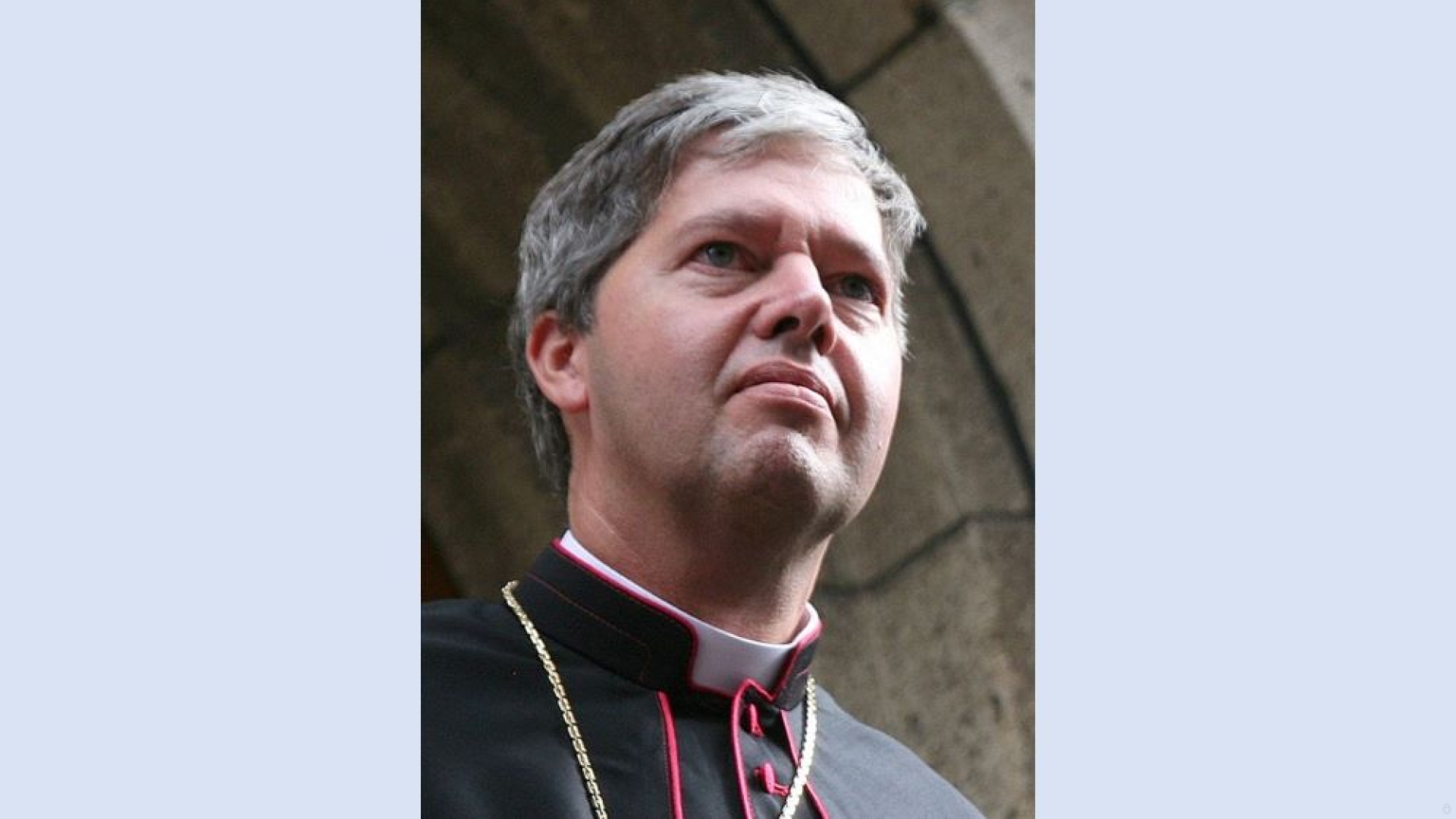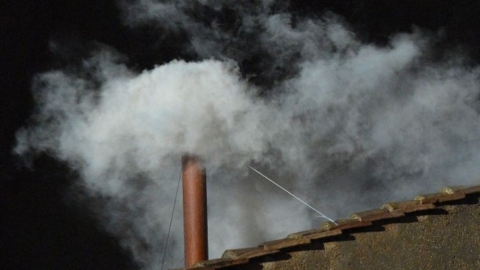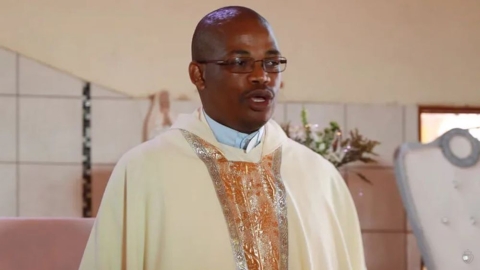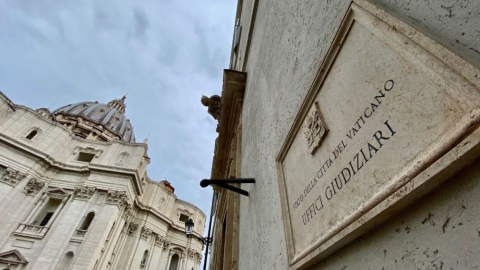Bishop Mutsaerts Leaves the Synodal Process

Msgr. Robert Mutsaerts has been auxiliary bishop of the Diocese of Bois-le-Duc, in Brabant, since 2010. He has always shown himself to be firmly conservative and has already publicly declared his opposition to various current drifts. On the occasion of the publication of the Instrumentum Laboris for the Continental phase of the current synod, and its presentation by Cardinal Mario Grech on October 27, he reacted strongly.
Listening to Everyone
The first reproach made to the document – and to the cardinal – is to listen to “everyone.” He explains that, “The contours of the synodal process are becoming increasingly clear. It provides a megaphone for non-Church views.” The document indicates what the Synodal Path should ultimately lead to, “a Church that learns by listening how to renew its evangelizing mission in light of the signs of the times, in order to continue to offer humanity a way of being and living in which all can feel included as protagonists.”
“Who are those who feel excluded?” asks the bishop. And he quotes § 39 of the document: “Those who, for various reasons, feel a tension between belonging to the Church and their own loving relationships, such as: remarried divorced people, single parents, people living in polygamous marriages, LGBTQ people, etc.”
“In short, who do not agree with the teachings of the Catholic Church,” continues the prelate. “What the working document seems to suggest is that we compile a list of complaints and then debate them. The mission of the Church is a different one. …Jesus commanded us something else: proclaim the truth; it is the truth that will make you free.”
This is moreover the motto of Bishop Mutsaerts: “Veritas vos liberavit” (the truth will set you free). And he adds with bewilderment that “particularly curious is the comment that the Church pays no attention to polygamy.” And he slips in a few words: “For that matter, the document does not pay any attention to traditionalists. Those also feel excluded. Indeed, they are literally so.”
A Deep Reproach
Then comes a deep reproach: “To date, the synodal process is more like a sociological experiment and has little to do with the Holy Spirit supposed sounding through all. That could almost be called blasphemous.”
He gives his reason: “What is becoming increasing clear is that the synodal process is going to be used to change a number of Church positions, with the Holy Spirit then also being thrown into the fray as an advocate, even though the Holy Spirit has really breathed something counterintuitive throughout the centuries.”
And he adds, again with finesse: “People complain that the Church does not accept their views. This is not entirely true, by the way. The Flemish and German bishops go a long way with them, which is actually much more tragic. They no longer want to call sin, sin. Hence conversion and repentance are no longer discussed.”
The Bishops Become “Yes Men”
After pointing out that definitively fixed points of doctrine were being put up for discussion as a futile exercise, Msgr. Mutsaerts explains that “in politics, everything is open to discussion and debate. In the Church it is not. We have such a thing as Church doctrine that is not subject to time and place. But the working document really seems to question everything.”
In support, he cites § 60 of the Instrumentum Laboris: “The call to the conversion of ecclesial culture, for the salvation of the world, is concretely linked to the possibility of establishing a new culture, with new practices, structure.”
The same paragraph describes the role of the bishop in this process: “The bishops are asked to find appropriate ways to carry out their task of validating and approving the final document and ensuring that it is the fruit of an authentically synodal journey, respectful of the process that has taken place and faithful to the different voices of the People of God in each continent.”
The pastor is indignant: “Apparently, the office of bishop is reduced to the simple implementing what is ultimately the greatest common denominator as the outcome of a raffle of opinions. The final closing stage of the synodal cannot be turn out to be a Babel-like confusion.”
And he concludes this point on a very fair note: “Predictably, all those who do not get it their way will say they are being excluded. In advance, this is a recipe for disaster. If everyone gets their way – which is not actually possible – the disaster is complete. Then the Church will have denied herself and squandered her identity.”
A charge Against the General Secretary of the Synod
The auxiliary bishop settles a final score with the Secretary of the synodal process and his conception of the Synod: “At the presentation of the working document, Cardinal Grech was going much too far in stating that the Church’s task is to act as an amplifier of every sound coming from within the Church, even if it is contrary to what the Church has always proclaimed.”
And he recalls that “was once different. At the time of the Counter Reformation, the Church was crystal clear about what her views were. You convince people by standing for the Catholic faith with reasoned and full conviction. You convince no one by merely listening and leaving it at that.”
Conclusion
Before concluding, Bishop Mutsaerts states “one thing is clear to me. God is out of the picture in this vile synodal process. The Holy Spirit has absolutely nothing to do with it.”
And he describes what, in reality, constitutes the process: “Among the protagonists of this process are to me to a few too many defenders of gay marriage, folks who don’t really think abortion is a problem and never really show themselves defenders of the Church's rich creed, wanting above all to be liked by their secular surroundings.”
Finally, he concludes: “People want sincere answers. They don't want to go home with more questions. You’re keeping people away from salvation. I have since dropped out of the synodal process.”
(Source : Paarse pepers, traduction de Jeanne Smits - FSSPX.Actualités)
Illustration : © bisdomdenbosch.nl





